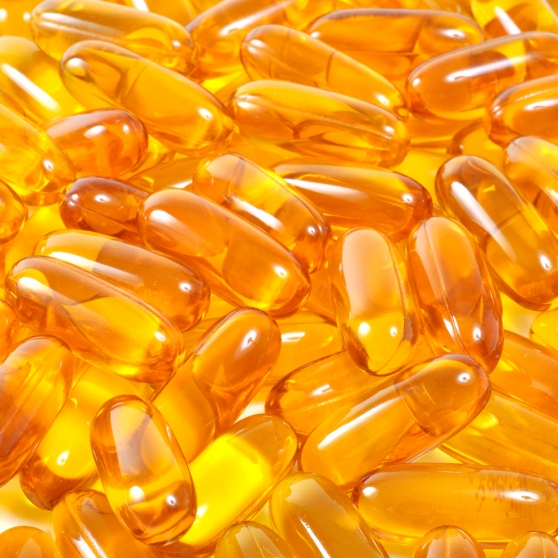Your Diet & ADHD
To many parents, adding a vitamin to a child’s diet may be preferable to adding a stimulant. According to the American Academy of Pediatrics (AAP), there may be a link between essential fatty acid levels and ADHD symptoms. Adding Omega-3 and Omega-6 fatty acids to a child’s diet has shown promise in spite of some lack of scholarly proof. In many cases, although supplements help, medication is often still required. One such study, The Oxford-Durham study, compared the effects of adding Omega-3 and Omega-6 fatty acids to the diets of children with developmental coordination disorder (one-third of which had ADHD). This study found that the reading capacity of these children was three times what was expected, after adding the supplements to their diets.
Image courtesy of Marilyn Barbone | Dreamstime.com Image courtesy of Tommato | Dreamstime.com Image courtesy of Monika Adamczyk | Dreamstime.com Image courtesy of Yann Poirier | Dreamstime.com Image courtesy of Kineticimagery | Dreamstime.com Image courtesy of Godfer | Dreamstime.com Image courtesy of Airborne77 | Dreamstime.com Image courtesy of Mreco99 | Dreamstime.com Image courtesy of Stephen Vanhorn | Dreamstime.com Pediatrics, "The Diet Factor in Attention-Deficit/Hyperactivity Disorder" HealthyChildren.org, "Your Child's Diet: A Cause and a Cure of ADHD?" Yale Scientific, "Does Sugar Really Make Children Hyper?" Archives of Disease in Childhood, "The effects of a double blind, placebo controlled, artificial food colourings and..." NCBI, "Sodium benzoate-rich beverage consumption is associated with increased reporting of ADHD symptoms in college students..." Feingold, "What is the Feingold Diet?" Feingold, "Salicylates and the Feingold Program" NIMH, "What is attention deficit hyperactivity disorder?" Kids Health, "What is ADHD?" Help Guide, "Adult ADD / ADHD"

